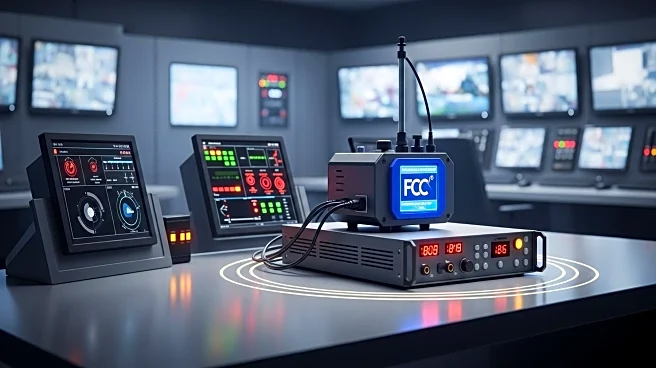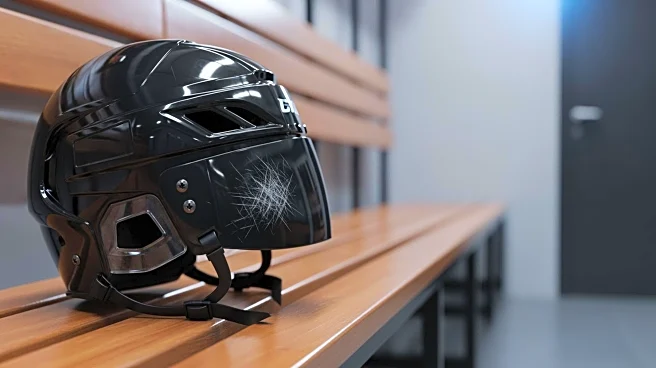What is the story about?
What's Happening?
The Federal Communications Commission (FCC) is considering a proposal to allow cellphone jamming technology in state prisons. This move comes after a long campaign led by Robert Johnson, a former corrections officer who survived an assassination attempt orchestrated by inmates using contraband cellphones. The FCC's initiative aims to reinterpret a 1934 federal law that currently prohibits jamming authorized communications. The proposal has faced opposition from wireless industry groups, who argue that jamming could interfere with legitimate communications outside prison walls and during emergencies. Despite these concerns, the FCC is set to vote on whether to proceed with public comments and a subsequent decision on the matter.
Why It's Important?
The potential approval of cellphone jamming in prisons could significantly impact prison safety and operations. Proponents argue that it would prevent inmates from using smuggled phones to coordinate illegal activities, thereby enhancing security. However, opponents, including wireless industry groups, warn of possible disruptions to essential communications, which could affect public safety. The decision could set a precedent for the use of jamming technology in other settings, raising broader implications for communication regulations and privacy rights.
What's Next?
The FCC is scheduled to hold a vote on initiating a public comment period, which could lead to a formal decision on allowing jamming technology in prisons. If approved, this could prompt further legal challenges and debates over the balance between security and communication rights. Stakeholders, including state attorneys general and corrections officials, are likely to continue advocating for or against the proposal, influencing its outcome and implementation.















